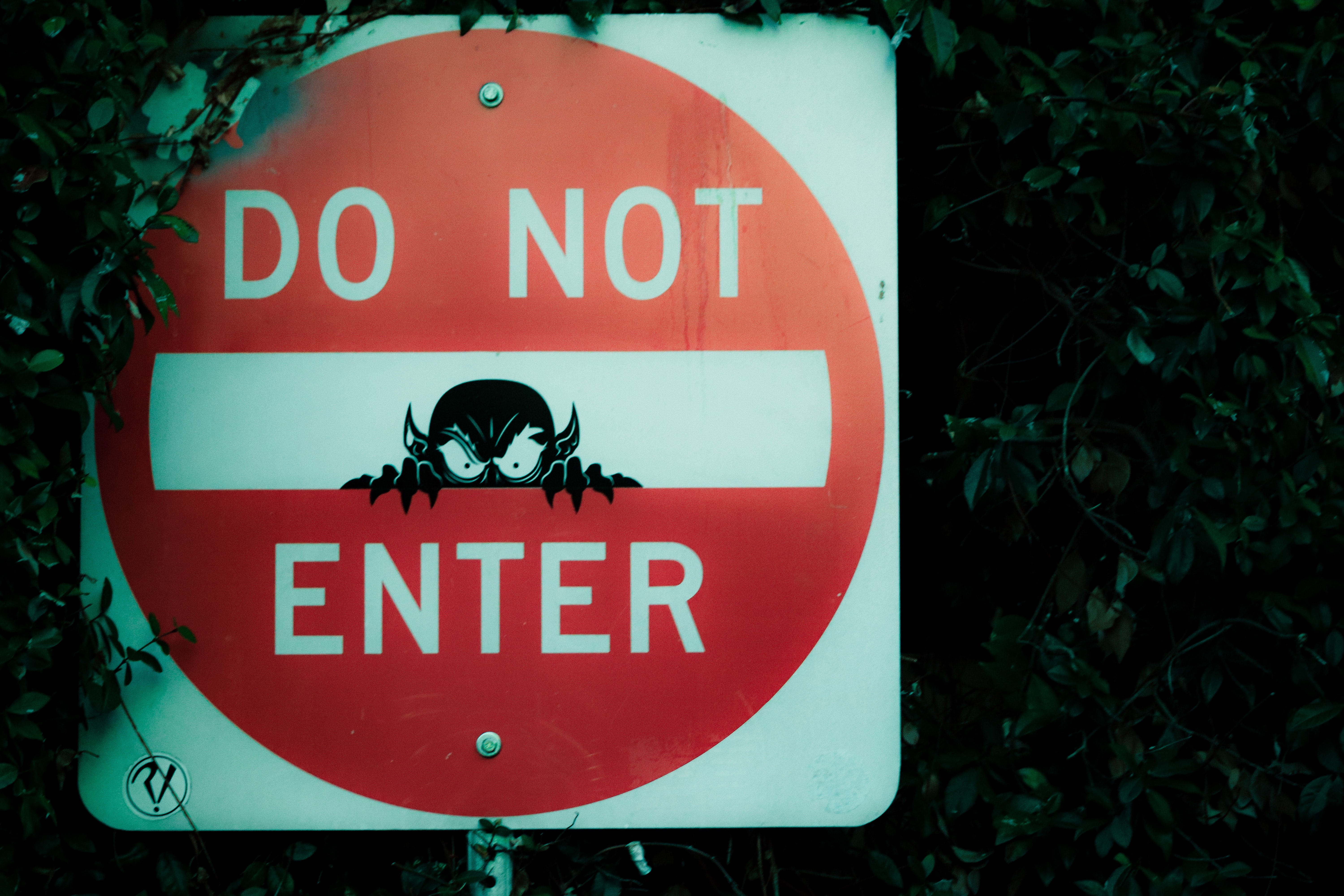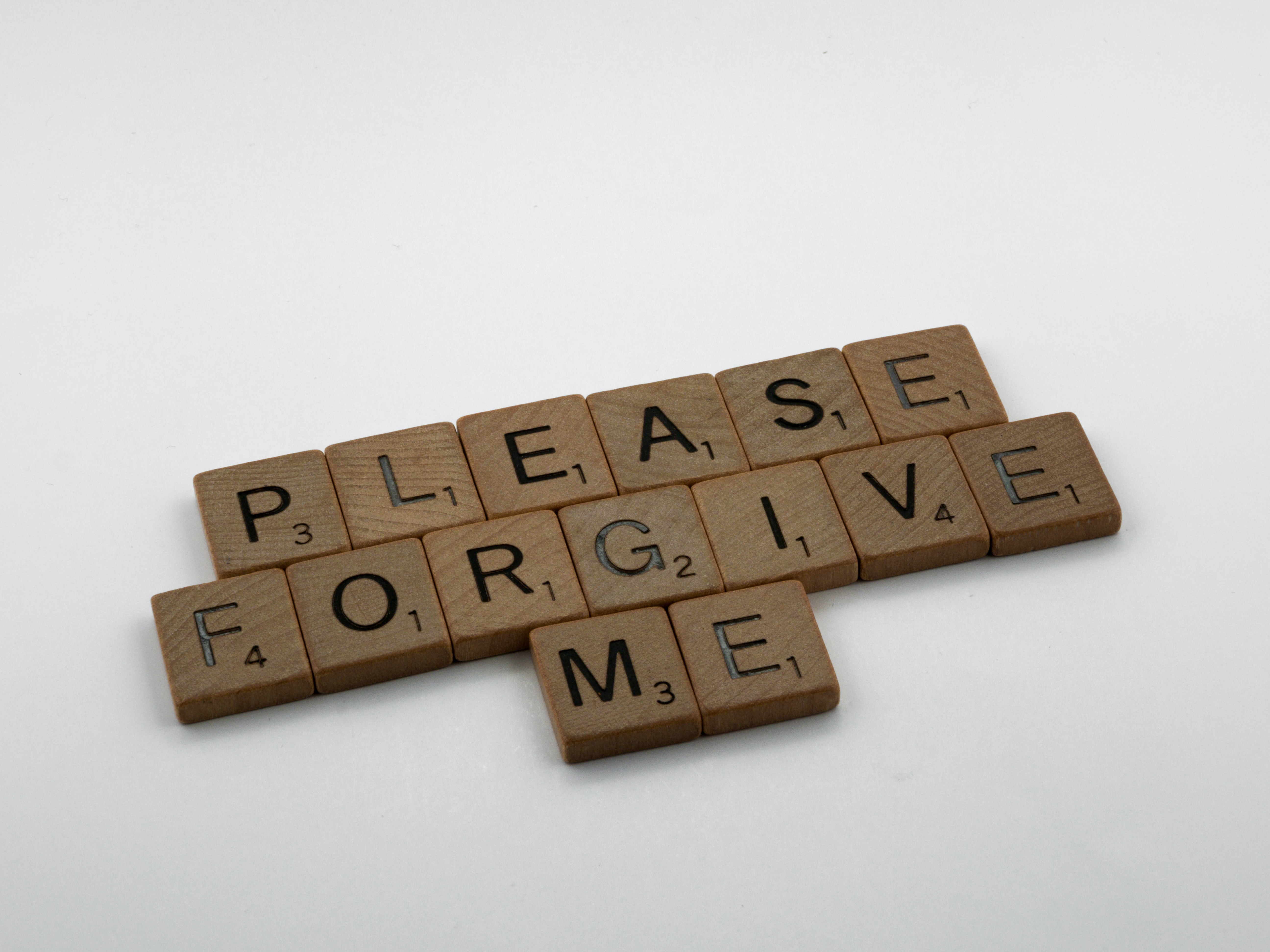Let's Leave Self-Pleasure Stigma in the Past
Posted by Salvatore Gallano, M.S. on May 15th 2021

Self-pleasure, also known as masturbation, has been demonized for centuries. It largely began with early Christianity in the Middle Ages. Being that “the church” was the leading authority for how to live your life during those times, when they decided masturbation was a no-go, all of society followed suit. Later, when scientific and medical authorities began to take form, the anti-masturbation sentiment found in the church was mirrored in the leading medical advice: despite the lack of actual evidence. You may ask, why did the pillars of society choose to run with this anti-masturbation narrative? It is a good and necessary question, but it won't be explored here right now. I'll just say, I have a good feeling it has something to do with exerting control over the individual. I'll also note, the stigma of self-pleasure has a disproportionate effect on clit-owners (not surprising in the least). This is to be explored in a future blog post—stay tuned.

For now, we'll explore the shame surrounding self pleasure that originated centuries ago, and continues to exist today. It's common to talk with our friends about the details of our sex lives. Why is it not the same with masturbation? Most people shy away from even the slightest suggestion that they may be granting themselves some private stress relief and pleasure time. Why hide what comes so naturally to us? Why not embrace this potent means of wellness? The answer: Stigma. Centuries of scare tactics from both religious and medical authorities, resulted in a societal stigma surrounding masturbation.
Claims against masturbation over the centuries were rather absurd. The lengths authorities went to safeguard and warn against self pleasure is both laughable and horrendous. A popular bishop of the Christian church during the Middle Ages went so far as to say that masturbation was worse than rape, incest, adultery, and fornication because of its non-reproductive nature. Twisted, I know. During the 18th century John Marten, a medical entrepreneur, outlined a condition called “post-mastabatory disease” in one if his medical publications. His description of someone with this fictitious disease sounds a lot like someone with stage 3 cancer undergoing chemotherapy:
“With meager jaws and pale looks, seldom without scans and blotches, those loathsome relicts of their odious vices, with limber hams, and legs without calves, feeble at mature years…” Another misguided practitioner during this time joined forces with religion to produce Onania. Within it exists claims that “masturbation resulted from dysfunction and caused disease and physical disfigurement”(Planned Parenthood).
This publication was a huge success and had a great impact on society's view of self-pleasure. These false claims infiltrated the psyche of people and harnessed fear and disgust for an act that we now know for a fact is harmless, natural, and beneficial.

In addition to church leaders and medical experts, parents during the 19th and 20th centuries went to great lengths to prevent their children from masturbating, and they were encouraged to:
- “...make sure their children had at least two bouts of strenuous gymnastic exercise everyday so that they would fall asleep at night without having enough energy to masturbate” (Planned Parenthood).
- “...see to it that their children swam every day or had cold baths or showers. It was believed that preventing a buildup of sweat on the skin would reduce the kinds of bodily irritations that led to masturbating” (Planned Parenthood).
- “...make their children wear bathing suits with bags of camphor inserted in the crotch.”
- “...keep an eye on the children's diets. Children were to avoid hot or “exciting” foods: spices, rich meats...they were to avoid constipation, which could bring on the desire to masturbate” (Planned Parenthood).
- “...limit the amount of fluid their children took in because ‘abundant urine retained too long in the bladder… draws too much blood to the very part from which we want to draw it away” (Planned Parenthood).
- “...tie their children's hands to the bed rails at night” (Planned Parenthood).
- “...have the foreskin of their child's penis infibulated— pierced, then pulled beyond the glass, and closed shut with an iron ring” (Planned Parenthood).
- “...have the hood of their child's clitoris infibulated—have the child's labia stitched together with metal sutures. Or they could have the clitoris amputated” (Planned Parenthood).
I know—it borders insanity, at least when compared to today's standards. Maybe we can grant some leeway for the views and efforts of the past as they didn't have the awareness and tools to aid their understanding that we do today. Nevertheless, they perpetuated the stigma surrounding self pleasure. Of course we've come far since then, so why does it matter now?
As recently as 1994, the U.S. Surgeon General was terminated for supporting discussion of masturbation in school sex education programs. Even though her approach for its inclusion was for the benefit of HIV prevention, she was ridiculed (Planned Parenthood). It turns out that history was not that long ago. Talk of masturbation is still ridiculed and makes people very uncomfortable. The stigma still exists, albeit in subtler ways.

Some studies have found correlation between self pleasuring and unhappiness or depression. This correlation should not be mistaken for causation. Michael Castleman, a journalist and author of sexuality and health, describes the dilemma in “Masturbation: Will the Controversy Never Cease?”:
“ ...masturbation has a long history of being heavily stigmatized: It’s a sin! You'll go to hell! Hair will grow on your palms! You'll go insane! If these lies echo in your mind, it makes perfect sense that masturbation would be associated with unhappiness and depression. But it's not solo sex that causes these problems. It's the fact that masturbation has been demonized for so long” (Castleman).
Any negative effects associated with self pleasure appear to be due to the fact that many people experience a reactionary guilt from the act.

Shame can come alive when we attempt to pleasure ourselves. Consciously or subconsciously a person may shy away from self pleasure completely, find it difficult to follow through, or once the act is done there may be a sense of disgust. If none of these are your experience, then you're one of the lucky ones. That, or you've done the work of unraveling the shame to combat the stigma. You've built your awareness and found that the idea of self pleasure being a bad, unholy, nasty act does not belong to you. It was simply inherited and imposed upon you, and many others as well. You can let all of that go. It's not serving you. Furthermore, it's preventing you from fully enjoying yourself and the full scope of what life has to offer.

The good news: Modern medical science has proved archaic theories void and mainstream society has just begun to turn the corner on sex and masturbation shaming. A movement of sex positivity has sprouted, especially amongst younger generations. This movement of sex positivity supports and encourages a culture of self pleasure as a means of self care and self love.
Bibliography
Britannica, The Editors of Encyclopaedia. "Masturbation". Encyclopedia Britannica, 9 Jan. 2014, https://www.britannica.com/topic/masturbation. Accessed 12 May 2021.
Castleman, Michael. “Masturbation: Will the Controversy Never Cease?” Psychology Today, 15 June 2015, https://www.psychologytoday.com/us/blog/all-about-sex/201506/masturbation-will-the-controversy-never-cease.
Kaestle CE, Allen KR. The role of masturbation in healthy sexual development: perceptions of young adults. Arch Sex Behav. 2011 Oct;40(5):983-94. doi: 10.1007/s10508-010-9722-0. Epub 2011 Feb 4. PMID: 21293916.
Kuhsel, Gretchen. Removing Stigma Through Discovery. Huffington Post, 2017, https://www.huffpost.com/entry/removing-stigma-th...
Mount Sinai. You Asked It: Is Masturbation Bad For me? Adolescent Health Center, 2020, https://www.teenhealthcare.org/blog/you-asked-it-...
Planned Parenthood. “History of Masturbation.” Planned Parenthood, Katherine Dexter McCormick Library, November 2002, https://www.plannedparenthood.org/uploads/filer_p...
Edited by Julie Cinatl
